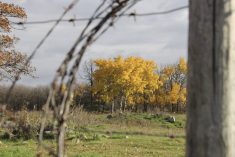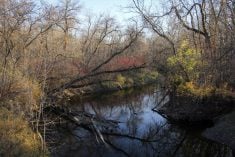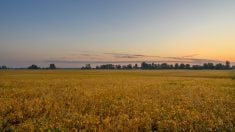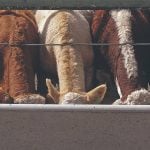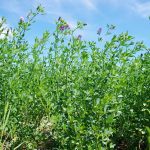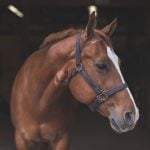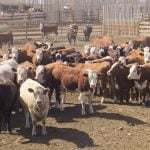Chicago | Reuters — Farmers in Florida rushed to reach their cattle on Thursday after trees downed by Hurricane Ian broke fences used to contain the animals and rain from the fierce storm flooded fields used for grazing.
One of the mightiest storms to hit the U.S. mainland in recent years, Ian flooded communities on the Gulf Coast before plowing across the peninsula to the Atlantic seaboard.
The hurricane washed out roads, hampering farmers’ attempts to corral cattle before they escape fenced areas in a potential threat to public safety.
Read Also
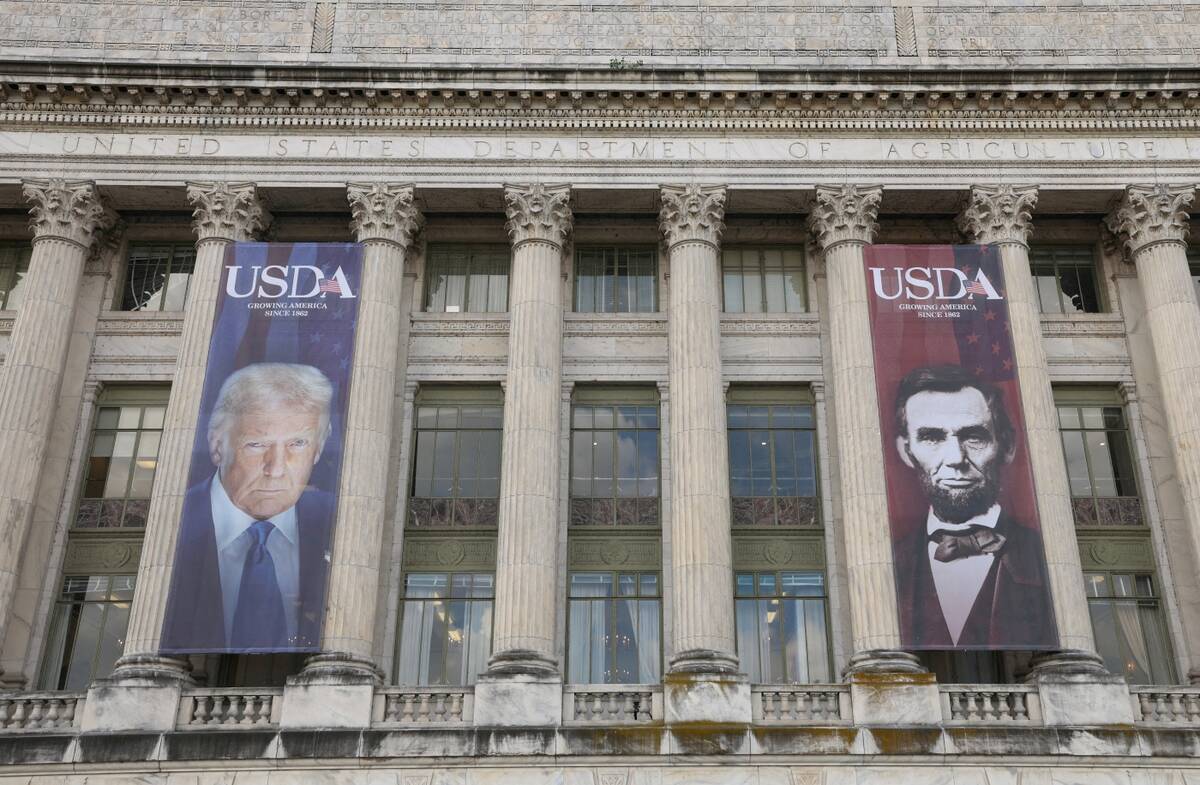
Farmers, traders ‘flying blind’ as U.S. shutdown blocks key crop data
U.S. data vital to global grain and soybean trading has gone dark during the country’s federal government shutdown, leaving commodity traders and farmers without crop production estimates, export sales data and market reports during the peak of the autumn harvest.
“We’ve got trees all over the fence lines right now,” said Brian Shoop, who raises cattle in Hillsborough County, where Tampa is located. “The biggest concern is cattle getting out of the pastures and on the roadways.”
Cattle first arrived in the United States in Florida in 1521 on an expedition led by Spanish explorer Juan Ponce De Leon, according to the state and the Florida Beef Council. The state now has more than 1.6 million cattle, about two per cent of the U.S. herd, the U.S. Department of Agriculture said.
Nationally, cattle supplies this summer fell to the lowest level in about seven years as producers in the western U.S. increased slaughter due to intense drought.
Shoop, who owns about 750 mother cows, said he restricted cattle at one location to roughly 40 acres from 300 acres while he repairs fences.
“It’s only a temporary Band-Aid,” he said. “You shut ’em down to a small area and you’ve got to worry about whether you have enough feed and water.”
Flooding is preventing some cattle from eating or resting, as fields were already wet from rains before the hurricane, said JB Wynn, a producer in Lake Wales.
“They don’t have any grass to graze on or anywhere they can lay down,” Wynn said.
Some help is coming from out of state. Stephen Broadwell, owner of livestock services company Ranch Solutions in Erwin, N.C., said he is co-ordinating volunteers to travel to Florida to repair fences or supply feed.
“Everybody is just scrambling,” Broadwell said.
— Tom Polansek reports on agriculture and ag commodities for Reuters from Chicago.




